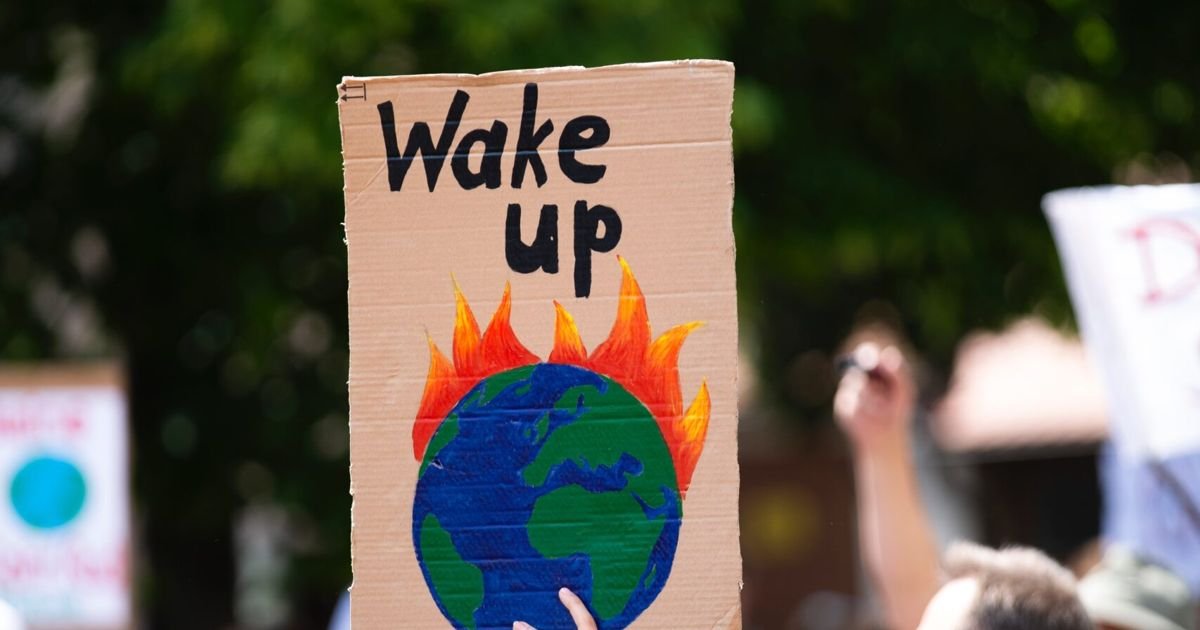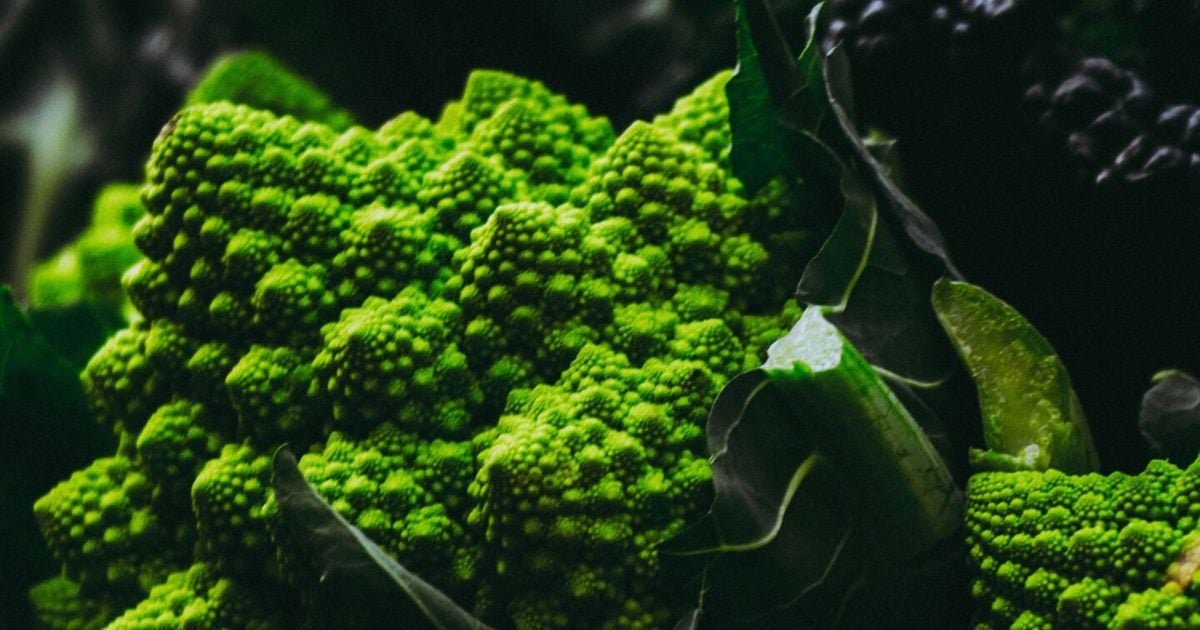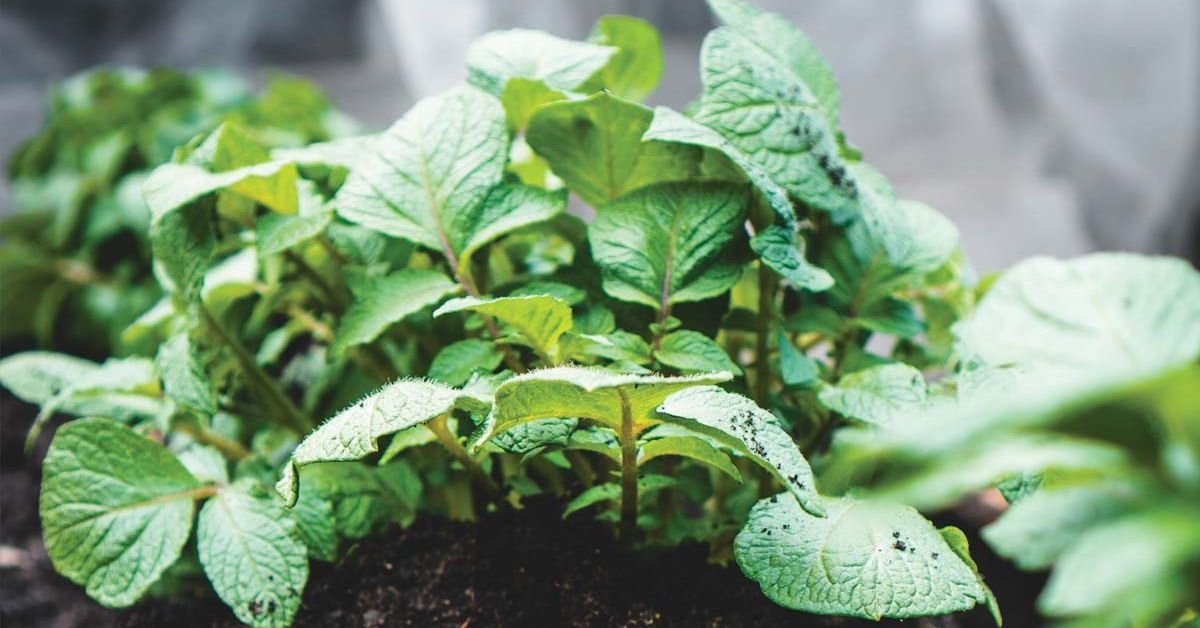What is activist burnout?
Researchers describe activist burnout as a condition that occurs when prolonged stressors related to activism negatively affect an activist’s physical or emotional health as well as their connection to their movement, ultimately hindering their effectiveness and engagement.
According to the now-inactive Activist Trauma Support website, symptoms of activist burnout may include feelings of irritability, hopelessness, or helplessness; a diminished interest in previously enjoyed activities; difficulty in decision-making; lack of concentration; and fatigue.
Nandini Jammi, co-founder of Sleeping Giants—a group committed to “making bigotry less profitable” by alerting brands when their advertisements appear on far-right websites like Breitbart—shares her personal struggle with activist burnout. She describes hearing an inner voice questioning, “Why am I even doing this?” After spending considerable time on Twitter, she often absorbs “a lot of anger, rage, or sadness.” When she hears that voice, she recognizes it’s time to refocus and care for herself.
What type of activist are you?
Demonstrator
You are drawn to events and take your sign-making seriously, often using a megaphone to communicate.
Candidate
You believe in creating change from within, valuing the power of personal interactions. You are a natural leader and an advocate for those you care about.
Digital Campaigner
You create social media posts that garner significant engagement and have a talent for linking current events with popular culture. You willingly explore new tools and platforms.
The rise of commercial self-care
While self-care might seem like an innovative approach to wellness, its prominence in the media is largely due to the lucrative industry it has become.
The concept of self-care dates back to the civil rights movement, during which writer and activist Audre Lorde stated, “Caring for myself is not self-indulgence, it is self-preservation, and that is an act of political warfare.”
Unfortunately, this idea has been watered down by companies eager to profit from our anxieties. Having a rough day? Just treat yourself to some salted caramel chocolate, a lavender sheet mask, an expensive candle, and a glass of wine!
Tackling activist burnout
For many individuals, activism becomes an additional full-time job alongside their existing work commitments, leading to mental and physical exhaustion. Here are several activist-endorsed strategies to help mitigate the adverse effects of activism.
Take action
Although it may seem counterintuitive to take on more during activist burnout, taking action often alleviates emotional burdens. A 2014 study published in the International Journal of Mental Health Systems found that rumination can lead to depression in subjects who have low hope, whereas those with high hope were less impacted. By taking action—even small steps like sending an email—you can interrupt the cycle of negative thoughts. Converting negativity into tangible efforts may foster a sense of hope.
Sustainability writer Leah Payne reinforces the idea that “doing more, not less, helps,” particularly through “connecting with others and working at grassroots levels,” which she finds encouraging.
Engage in meaningful self-care
Although self-care is often equated with expensive spa days or shopping trips, true self-care involves activities that replenish your energy.
Polly Barks, a Zero Waste and sustainability educator, emphasizes the importance of meaningful self-care in her blog. She suggests enjoying a face mask while also “calling your representative about declaring a climate emergency.” Barks asserts that one can never fully step away from environmentalism since it is woven into our daily lives. A comfort snack feels less comfortable if it’s packaged in plastic, and a vacation becomes tense when considering carbon footprints. She recommends identifying “two to three habits that don’t trigger eco-guilt but allow you to reduce eco-anxiety,” like spending time outdoors.
A little help from my friends
Maintaining physical well-being is crucial for modern activists. The following herbs and supplements may help bolster the immune system or alleviate stress:
- ashwagandha
- bacopa
- chamomile
- echinacea
- holy basil
- lavender
- lemon balm
- magnesium
- turmeric
- vitamin B
- vitamin C
- vitamin D
- zinc
As more of our lives and activism shift online, Jammi notes that this can feel isolating since few share our intensity for our causes. To combat this, she created a supportive chat group with fellow women activists, which serves as a space for sharing experiences, celebrating achievements without judgment, and addressing work-related interpersonal issues. This group has proven invaluable during difficult times marked by burnout and discouragement.
Barks also highlights the significance of community, not just as support but as a form of activism. She observes that “existing systems often drive us apart,” so “creating new systems that promote togetherness rather than isolation” can serve as a form of activism in itself.
Know when to seek professional help
In addition to burnout, activists may also struggle with depression, anxiety, or post-traumatic stress disorder (PTSD). Therefore, it’s essential to regularly assess your emotional well-being and take appropriate action when necessary.
As Payne points out, while it’s nice to have a relaxing evening with snacks and low-key TV, it’s crucial not to hesitate in seeking help if you’re experiencing anxiety or depression.
Amy Wood is an ecosocialist, intersectional feminist, and the founder of Shine Bootcamp, a public speaking incubator for women in tech, marketing, and startup environments.
This article was originally published in the April 2020 issue of Healthysdigest Canada, titled "Hacking Activist Burnout."






